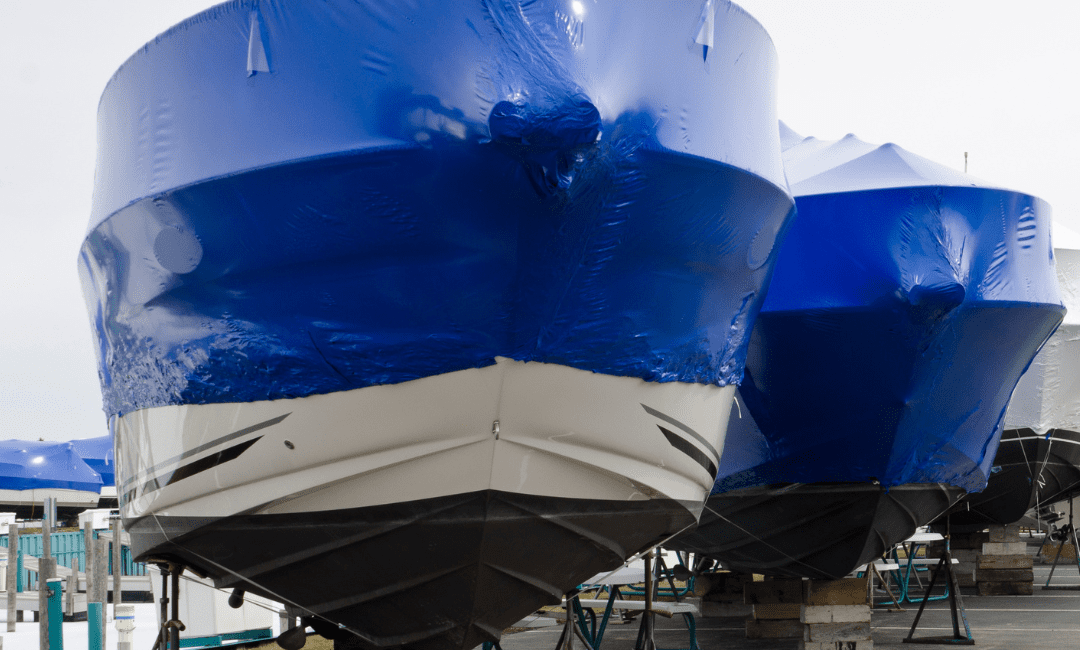The tri-county region of Charleston, Berkeley, and Dorchester counties have more than 54,000 registered boats and another 3,800 personal watercrafts, according to the most recent numbers from the S.C. Department of Natural Resources.
Below are some recommended steps for boat owners in the Lowcountry to take, to safely de-winterize their watercraft before getting out on the water this spring.
Keeping a sturdy tarp securely covered over your watercraft during the winter months is important for the cleanliness of your boat. Even so, when removing the tarp after winter storage, boat owners will need to be mindful to check for bugs, rodents, snakes, or birds in the nooks and crannies of their watercraft.
Change the boat’s oil and oil filter, as well as inspect the outdrive before starting the engine. Before storing watercraft for the winter, boat owners are advised to drain the cooling system. Prior to your boat’s first outing of the spring, you will want to inspect the cooling system’s hoses for any holes or cracks, and also empty the strainer. Then, you can refill the cooling system.
Boat owners will need to inspect water pump impellers and thermostats to see if they need to be replaced, and inspect all of the boat’s cables and hoses for holes or cracks. The volts and amps of your watercraft’s battery will need to be checked with a battery tester, and any corrosion from the terminals will need to be cleaned before reconnecting the battery to its cables.
Distributors have a tendency to corrode during winter storage, so the distributor will need to be cleaned by springtime. Boat owners are advised to completely fill their fuel tanks with fuel stabilizer before winter storage. Before taking your boat out for a drive, inspect all fuel lines for cracks and change the fuel filter from last season.
Check all the belts on the boat to see if they are worn and need replacement; there should not be much “give” to a belt when you press down on it, indicating that it is still in working condition. Inspect the exterior of your watercraft for any damage, and your trailer (if you have one) for any loose, missing, or rusted parts. Ensure your safety equipment, like fire extinguishers and flares, has not expired, and that you have an adequate amount of floatation devices on board.
Gill Insurance of the Lowcountry recognizes that boat and watercraft owners are looking forward to safely getting back on the water as the weather warms up. We offer boat and watercraft insurance as one of our many services. We assist our clients in finding coverages that meet their unique needs at the best rates available. Contact the agents at Gill Insurance if you need to make any adjustments to your existing boat insurance, or if you need to initiate a new policy! (843) 388-5021.

